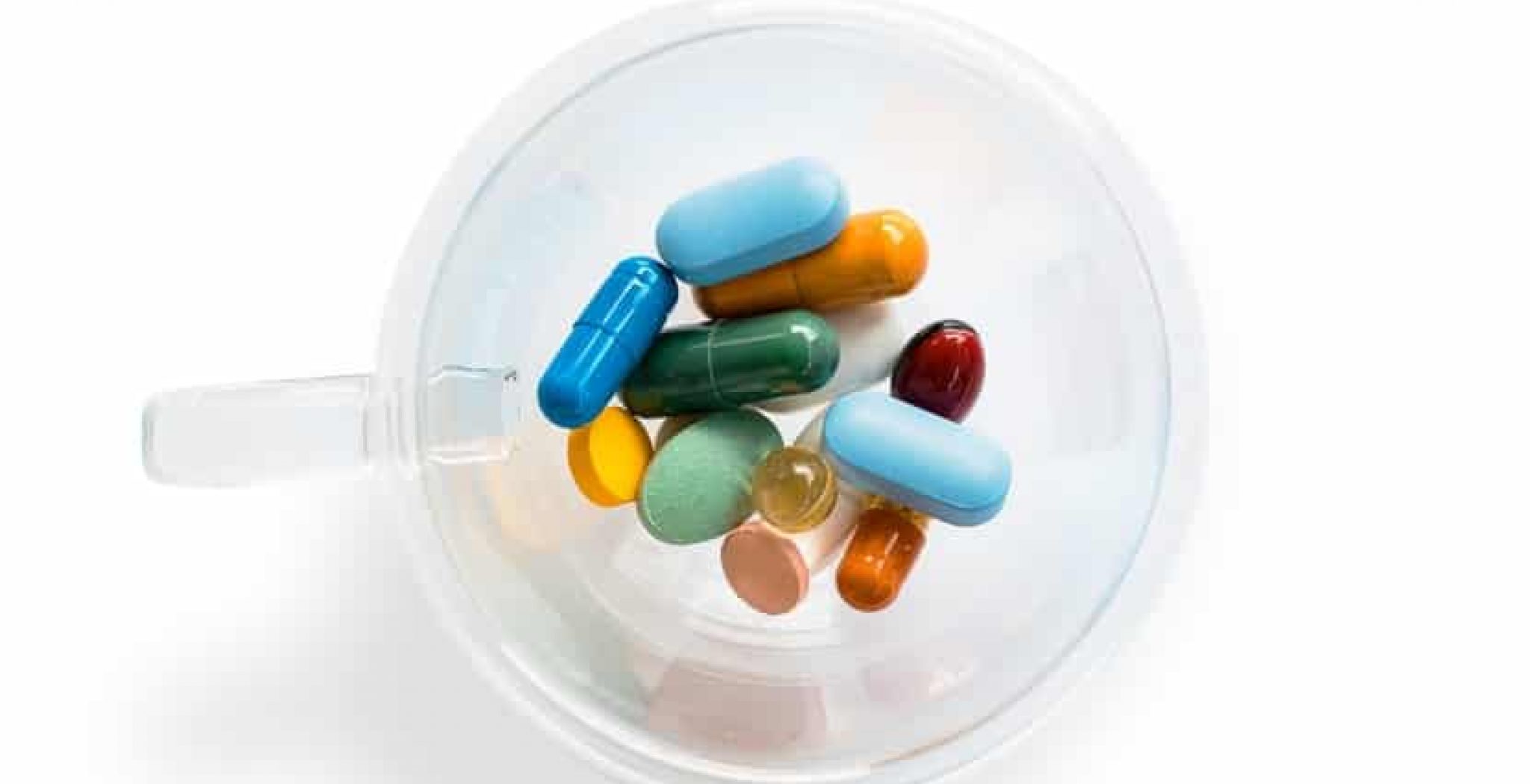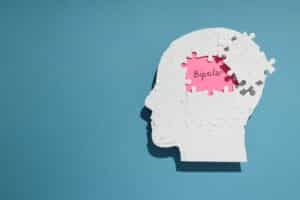Mental illness is incredibly common around the world. In the U.S. alone, almost 1 in 5 adults have a mental illness. That’s about 51.5 million people.
If you struggle with mental illness, then you might wonder about the different options available to you. While mental illness can be overwhelming, there’s hope.
This article will take a look at what atypical antidepressants are, and how they can help. Read on to discover more about these and see how they can help you feel better in time.
The Various Forms of Mental Health Treatment
From therapy to group counseling, you have options when it comes to mental health treatment. Psychotherapy is where you have behavioral or talk therapy or counseling.
Psychiatric Medications
Psychiatric medications are an option for some to take along with counseling. There’s also electroconvulsive therapy. This is where electrical currents go through the brain that causes changes in your brain’s chemistry.
Counseling
As far as counseling, you can choose between private therapy or group counseling. If you’re looking to speak with others who are going through a similar experience, then group counseling might be right for you.
The benefits of mental health therapy include:
- Overall life satisfaction
- Increased quality of life
- Decreased problems in daily life
- Reduced social isolation
- Fewer doctor’s visits
- Reduction in the use of mental health inpatient facilities
Medication can help balance your brain’s chemistry to reduce your symptoms of mental health disorders. When your brain isn’t unbalanced, you can work with a mental health therapist to move toward a better quality of life.
What Are Atypical Antidepressants?
Atypical antidepressants differ from other antidepressants. They ease depression by interacting with the chemical messengers used to communicate between brain cells.
Similar to other antidepressants, they make changes in your brain chemistry and the communication in brain nerve cell circuitry. Atypical antidepressant drugs work by changing the level of one or more neurotransmitters. That can include norepinephrine, serotonin, or dopamine.
Atypical antidepressants include:
- Vortioxetine (Trintellix)
- Bupropion (Wellbutrin XL, Wellbutrin SR, etc)
- Nefazodone
- Trazodone
- Mirtazapine (Remeron)
- Vilazodone
- Esketamine (Spravato)
Wellbutrin
Another name for Wellbutrin is Bupropion. This is one of the most common atypical antidepressant drugs.
It stops the reuptake of the neurotransmitters dopamine and norepinephrine. This lets your brain use the synapses more often to give you the antidepressant effect.
Wellbutrin is common since it doesn’t normally cause side effects such as low energy, weight gain, or sexual dysfunction. For more energy, speak with your doctor about combining it with an SSRI.
Serzone
Another name for Serzone is Nefazodone. It has a lower effect on your Alpha 2 adrenergic receptor and the D2 dopamine receptor. It works as a weak serotonin-norepinephrine-dopamine reuptake inhibitor.
Mirtazapine
It’s believed that Mirtazapine works by positively affecting the communication between nerve cells in the central nervous system. It might also restore the chemical balance in the brain. It’s used for major depressive disorder.
Viibryd
Another name for Viibryd is viazodone. It’s believed to improve your mood and depression by raising serotonin levels.
Serotonin is what transmits messages between the nerve cells in your brain. This is because it’s believed that those with depression have low levels of serotonin.
The Side Effects of Atypical Antidepressants
Keep in mind that each person is different. While some experience side effects, you might not experience any.
Speak with your doctor if you experience any side effects. Each medication can cause a different reaction as well.
While some antidepressants might help with sleep, others can cause insomnia. Some can cause nausea while others increase your appetite leading to weight gain.
Antidepressants can lead to sexual side effects. Common side effects are dizziness, lightheadedness, or dry mouth.
The right medication will depend on your current health conditions and symptoms that you experience from medications. Speak with your doctor about common side effects, and read the guide that comes with the medication.
Drug Interactions
Speak with your doctor about all medications you’re currently taking, as well as current and past medical conditions. This includes any herbs or supplements as well. Antidepressants can cause serious side effects when they’re combined with herbal or other medications.
Can I Take Antidepressants While Pregnant?
If you’re pregnant or nursing, speak to your doctor before beginning atypical antidepressants. Some medications might cause harm to your baby if you take them while breastfeeding or pregnant.
Speak with your doctor if you’re considering becoming pregnant. Don’t stop current medications without speaking to your doctor first.
Suicide Risk
While most antidepressants are safe, there are some that have the potential of increasing the risk of suicide. They’ll have warnings for the prescription if that’s the case.
If you’re younger than 25, you might have an increased risk of suicidal thoughts or behavior. Remember that antidepressants can reduce your risk of suicide since they improve your mood.
Finding the Right Treatment Option
Be honest with your doctor about all medications, herbs, or supplements you’re taking. This will help them in picking the right atypical antidepressant for your needs.
They’ll also take a look at any current health problems, other medications, and your current symptoms. Keep in mind that it might take a few weeks or longer before it’s fully effective.
Exploring What Atypical Antidepressants Are
Now that you’ve explored this guide on what atypical antidepressants are, you should have a better idea of why many choose to take them. Do you dream of getting help and reaching the quality of life you’ve always dreamed of? Contact us today and speak directly to our team. We’re dedicated to helping you treat depression and saying hello to better days ahead. Any questions that you have we’re happy to help!







